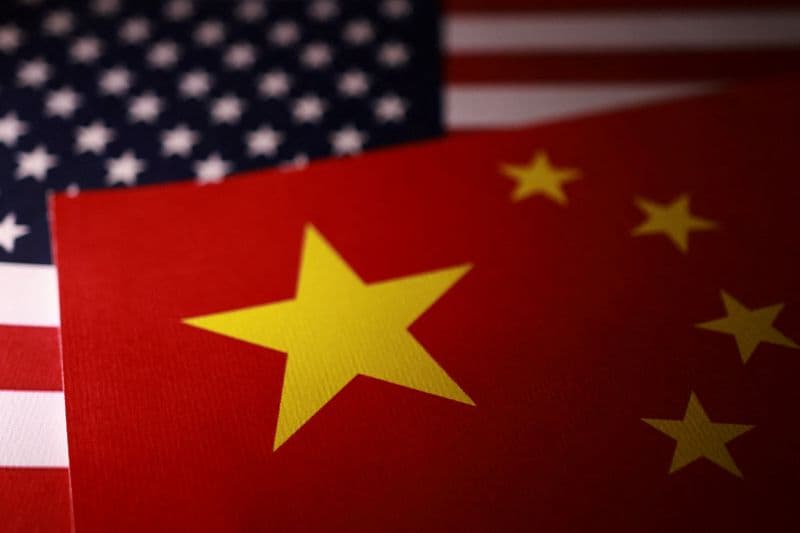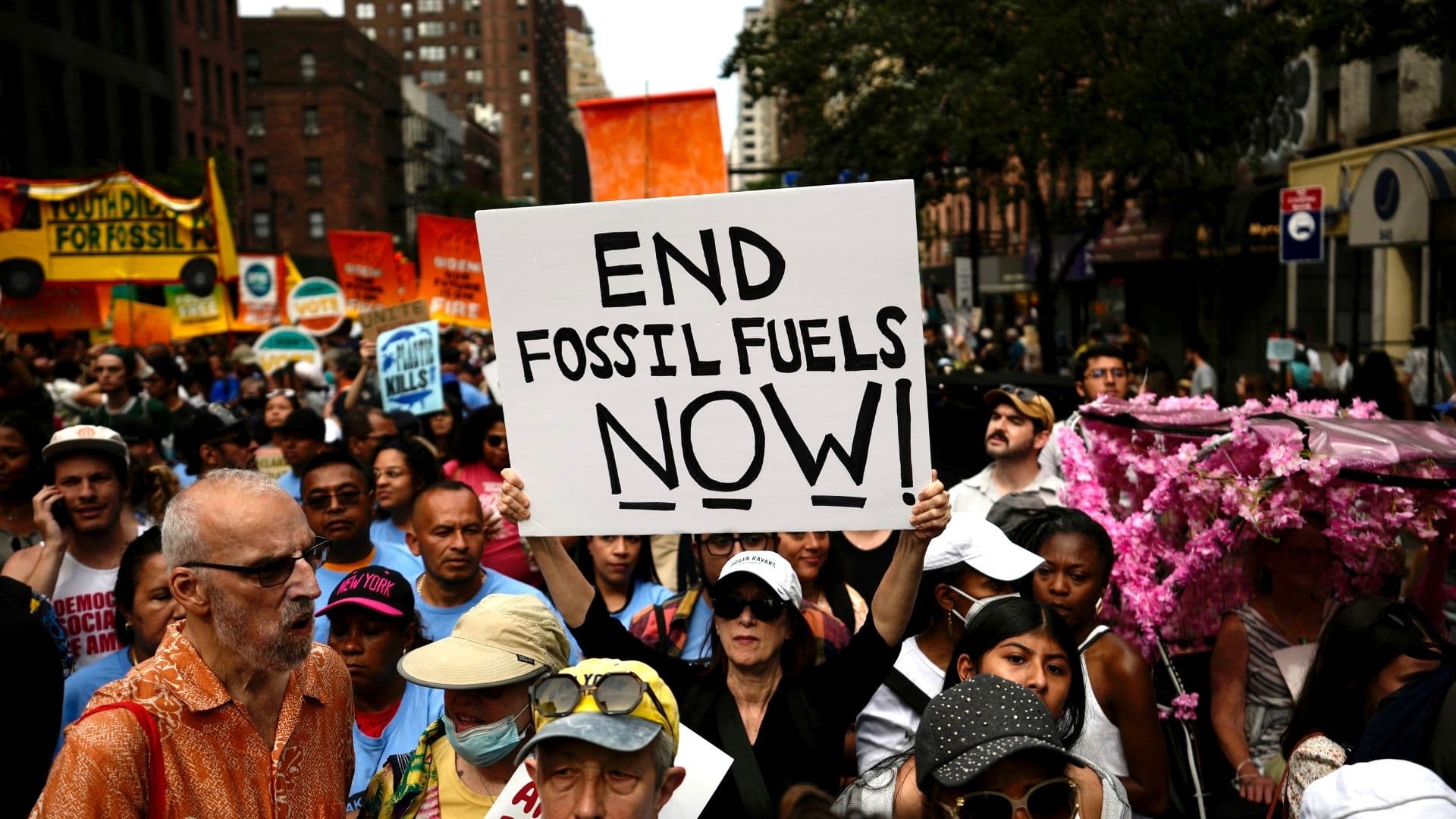Abuja Court Convicts Nnamdi Kanu, Raises Secession Crisis Stakes
A federal court in Abuja convicted Nnamdi Kanu, leader of the proscribed Indigenous People of Biafra, on multiple terrorism related charges on November 20, 2025, closing a high profile trial that has inflamed southeastern Nigeria. The ruling sharpens political and security risks for a nation whose economy depends heavily on oil exports, and is likely to prompt appeals, unrest in the region, and international scrutiny.

A federal court in Abuja on November 20 convicted Nnamdi Kanu, the leader of the proscribed Indigenous People of Biafra, on multiple terrorism related counts after a trial that drew intense attention at home and abroad. Judge James Omotosho concluded that prosecutors had proven Kanu’s broadcasts and directives incited deadly attacks on security forces and civilians as part of a campaign for secession, ending a case that has been a focal point of tensions in southeastern Nigeria.
Prosecutors in the case had sought the death penalty, and the conviction opens the way to a sentencing phase that could further polarize the region. Legal teams for Kanu are expected to file appeals at higher courts, prolonging judicial proceedings and keeping the issue at the center of political debate. The verdict arrives against a backdrop of simmering separatist sentiment in parts of the southeast, where the memory of the Biafra conflict continues to shape politics.
The decision carries immediate security and political implications. The southeast has seen repeated clashes between security forces and militants or separatist groups over the past decade, and analysts say the conviction could trigger protests and new violence. Local authorities have in prior episodes deployed additional troops, and security operations have disrupted commerce and travel at times. The risk of unrest is likely to prompt a stepped up security posture in the short term, with attendant costs for public finances and local economic activity.
Economic consequences could extend beyond the region. Nigeria’s economy, roughly a half trillion dollars in size, remains highly dependent on oil and gas exports which account for the bulk of foreign exchange earnings and a large share of government revenue. Even a localized deterioration in security can affect oil flows, investor sentiment, and the currency. Foreign direct investment is sensitive to political stability, and markets tend to price in higher risk premiums when major internal conflicts escalate.
For businesses in the southeast, the conviction threatens further disruption to trade and logistics at a time when companies have been seeking to rebuild supply chains disrupted by insecurity and by broader macroeconomic pressures. Fiscal strains could increase if the federal government raises security spending to contain unrest, potentially crowding out capital expenditure in infrastructure or social services. Over the medium term, persistent secessionist agitation and frequent security operations could deter the very investments needed to address long term drivers of discontent such as unemployment and weak public services.
International response is likely to follow. Diplomatic actors and rights groups have watched the case closely, and the prospect of capital punishment would draw heightened scrutiny. Appeals and possible requests for stays of execution could prolong international engagement with Nigeria’s judiciary and political leadership.
The conviction marks a decisive legal moment in a fraught political dispute. It resolves one chapter of a high profile case, but it is unlikely to settle the underlying grievances that gave rise to the secessionist movement. How the government, courts, and communities respond now will determine whether the ruling leads to reconciliation and legal closure, or further cycles of unrest with economic and human costs.

